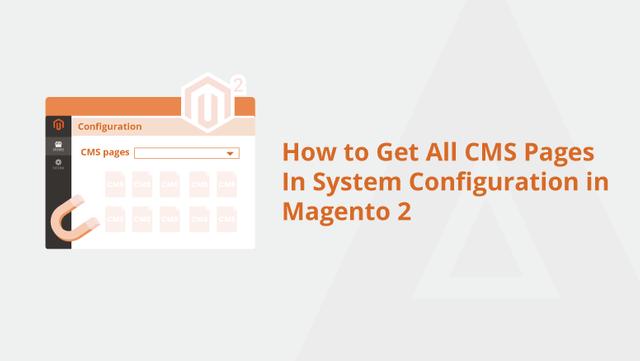CMS pages play a crucial role in website development by offering static pages that can be enriched with various types of content such as text, videos, images, and more. These pages provide the ability to create visually appealing and engaging content while also facilitating the management of multiple pieces of information.

In Magento 2, the flexibility extends further as store owners have the freedom to create custom CMS pages tailored to their specific requirements. This empowers them to design and structure content according to their brand identity, marketing strategies, and customer preferences. Custom CMS pages offer a unique opportunity to showcase products, share important announcements, provide detailed information about services, or create landing pages for specific campaigns.
For developers and individuals involved in Magento 2 extension development or customization, working with CMS pages becomes a regular part of their workflow. Whether it's integrating third-party extensions, designing custom themes, or implementing specific functionality, CMS pages are often utilized to deliver dynamic content and enhance the user experience.
To streamline the development process and ensure a smooth integration, it becomes essential to access and manage all CMS pages within the system configuration of Magento 2. This centralized location allows developers and administrators to conveniently view, edit, and configure the settings of each CMS page. It provides a comprehensive overview of all available pages and their associated attributes, simplifying the task of customization and ensuring seamless integration with the overall website structure.
By leveraging the system configuration in Magento 2, developers can efficiently retrieve and utilize CMS pages within their extensions, customizations, or other components. This facilitates a cohesive and unified approach to website development, ensuring that CMS pages seamlessly blend with the overall design and functionality.
In conclusion, CMS pages in Magento 2 serve as a versatile tool for creating rich and engaging content, enabling store owners to effectively communicate with their audience. For developers and customization experts, theb ability to Get All CMS Pages In System Configuration in Magento 2 is vital for seamless integration, customization, and delivering a compelling user experience.
For more information, please visit this:- https://meetanshi.com/blog/get-all-cms-pages-in-system-configuration-in-magento-2/